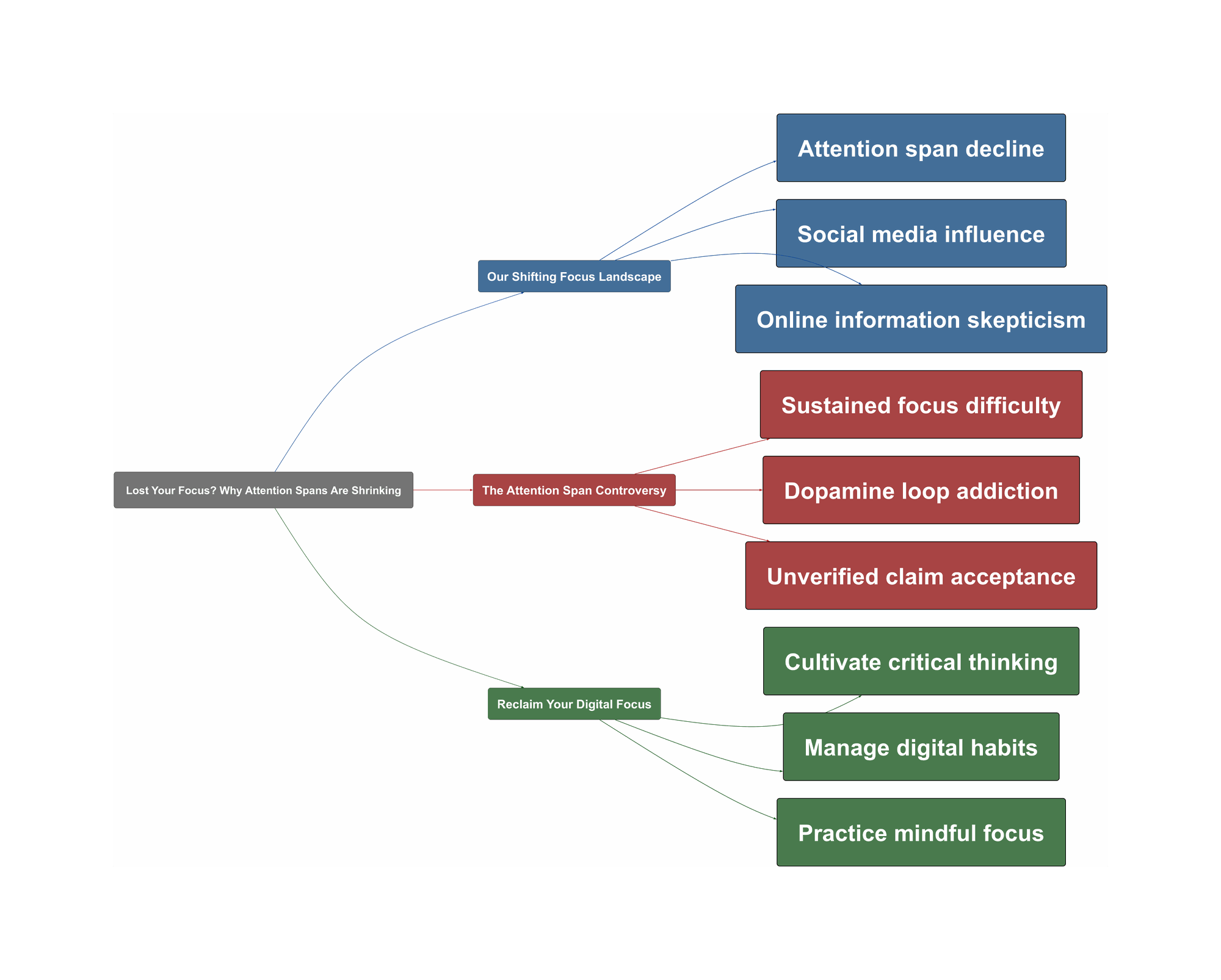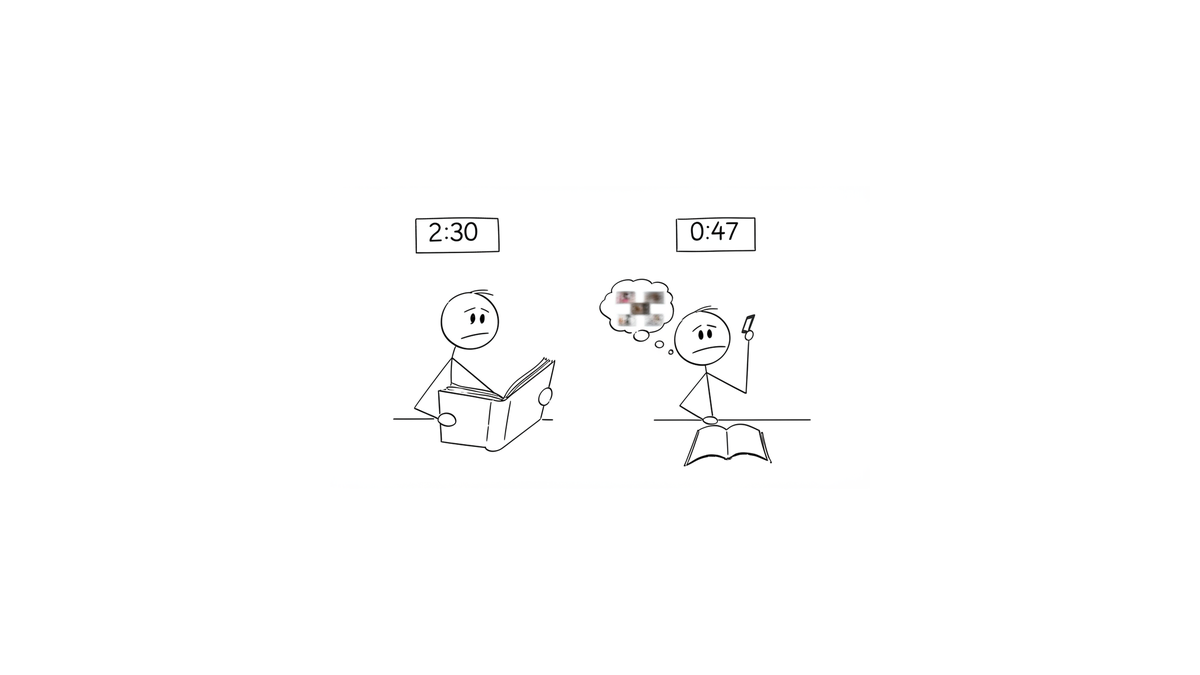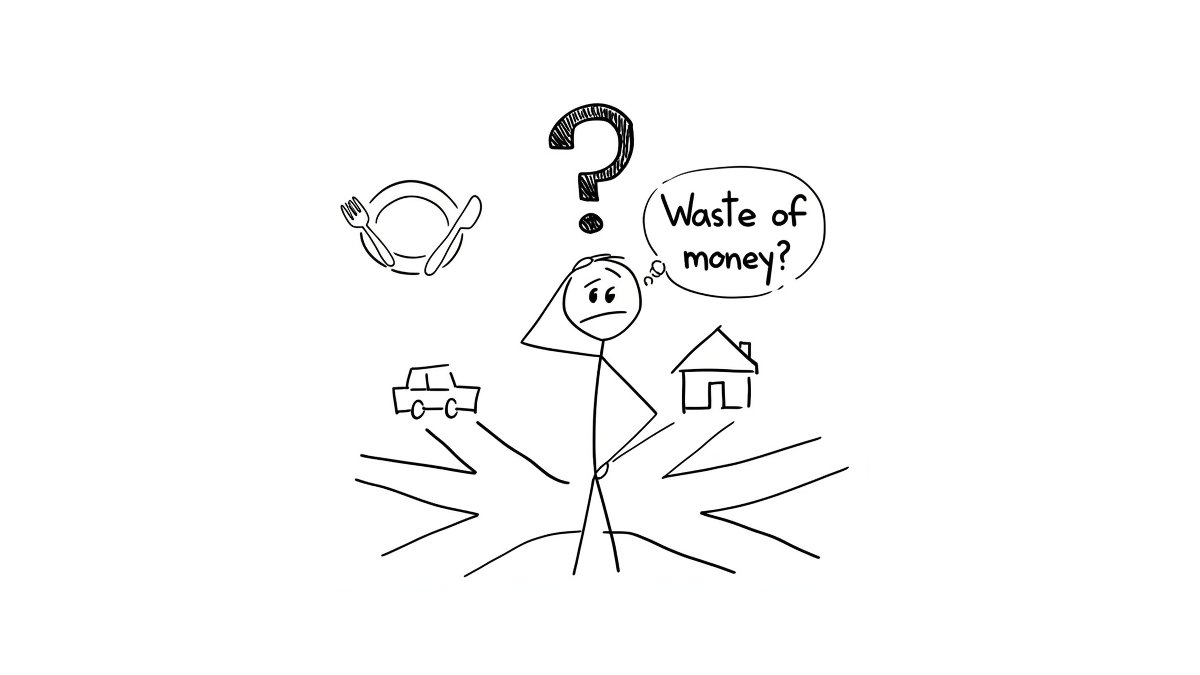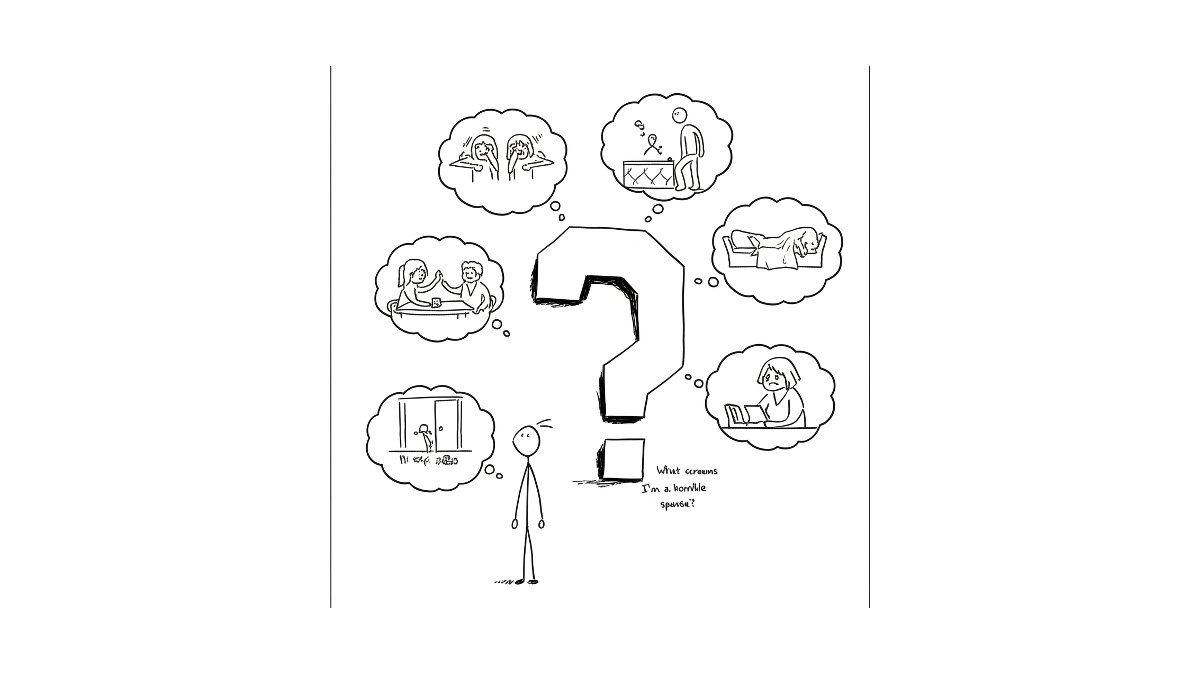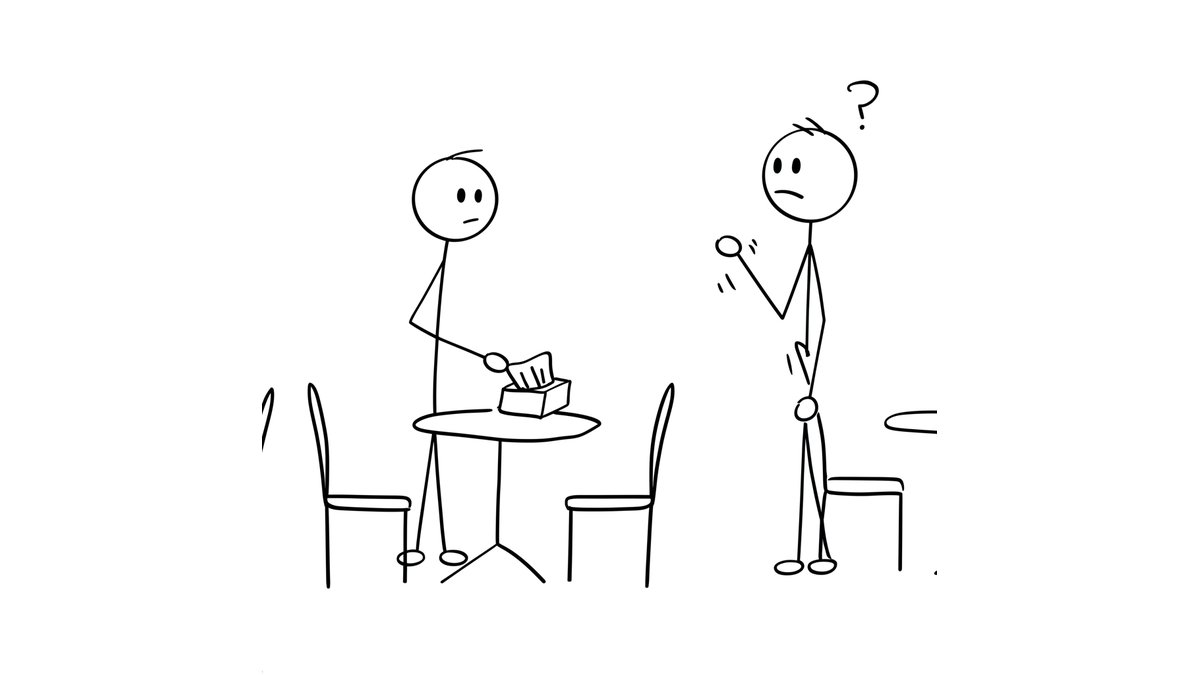Do you feel your mind constantly jumps from one thing to another? Perhaps you struggle to finish a long article or video. Many people report similar experiences in our fast-paced digital world. This feeling of fragmented attention is a common modern challenge. It often leaves us feeling overwhelmed and less productive.
Our Shifting Focus Landscape
People widely discuss the idea of shrinking attention spans today. Some reports suggest a drastic drop over recent years. For example, one popular claim suggests a dramatic decline. Attention spans supposedly plummeted from 2.5 minutes in 2004. They reportedly dropped to just 47 seconds by 2025. Many people instantly recognize this trend in their daily lives.
“TL/DR”
Furthermore, people frequently cite social media platforms as a major factor. These platforms provide quick bursts of information. They often trigger our brain’s reward system. This continuous stimulation shapes our daily habits. It trains us to expect instant gratification.
“It’s a by-product of social media playing on our own evolutionary traits. We are designed to seek that dopamine hit, because in the wild, it would have been rare, and it would really have only come from finding something crucial to our survival or social structure.”
The Attention Span Controversy
However, people also view the specific numbers about attention span decline with significant skepticism. Many online users question the scientific basis of such claims. They often ask for verifiable research and data sources. This critical approach highlights a growing concern. People are increasingly wary of unverified information.
“Can you point to the study you’re citing to come up with these numbers?”
Moreover, some argue that these claims might be “junk science.” They believe such figures often create moral panic rather than reflect reality. This skepticism points to a larger issue. Many people readily accept social media posts as fact. This habit can lead to misinformation spreading quickly.
“I’m more concerned that so many people just accept the premise of any random social media post as fact.”
Reclaim Your Digital Focus
Nevertheless, whether the exact numbers are true or not, the feeling of scattered attention is real. We can all benefit from strategies to improve our focus. Start by questioning information you encounter online. Always seek credible sources before accepting claims. This builds stronger critical thinking skills.
“I have ADHD and the world is finally catching up with me.”
Additionally, manage your digital habits mindfully. Set specific times for checking social media. Consider turning off non-essential notifications. Engage in activities that require sustained attention, like reading a book. These small steps can make a big difference.
“It’s genuinely not good.”
Therefore, prioritize your mental well-being. Create a distraction-free environment for important tasks. Practice mindfulness exercises to train your brain. Remember, reclaiming your focus is an ongoing journey. Every effort helps you thrive in the digital age.
